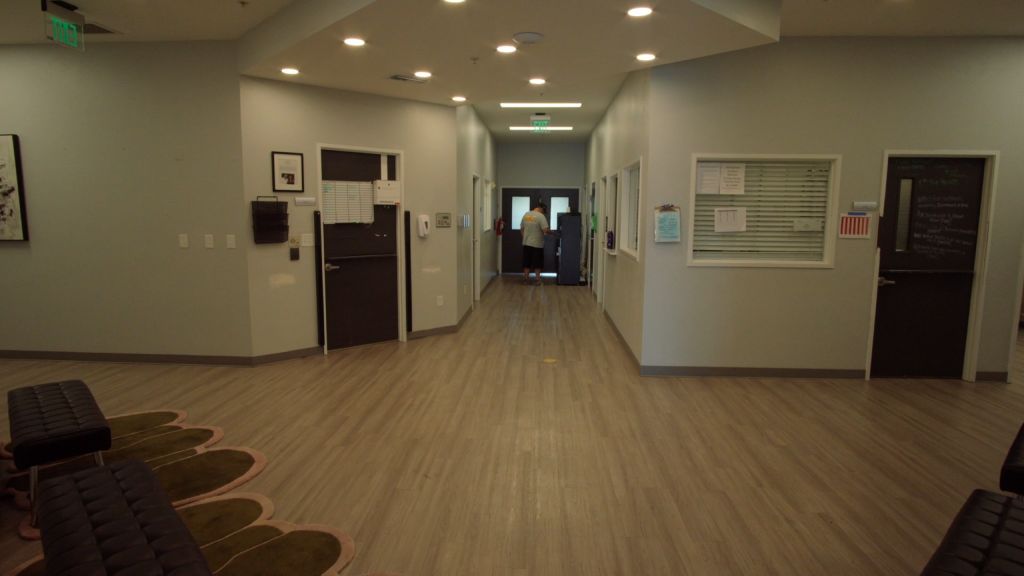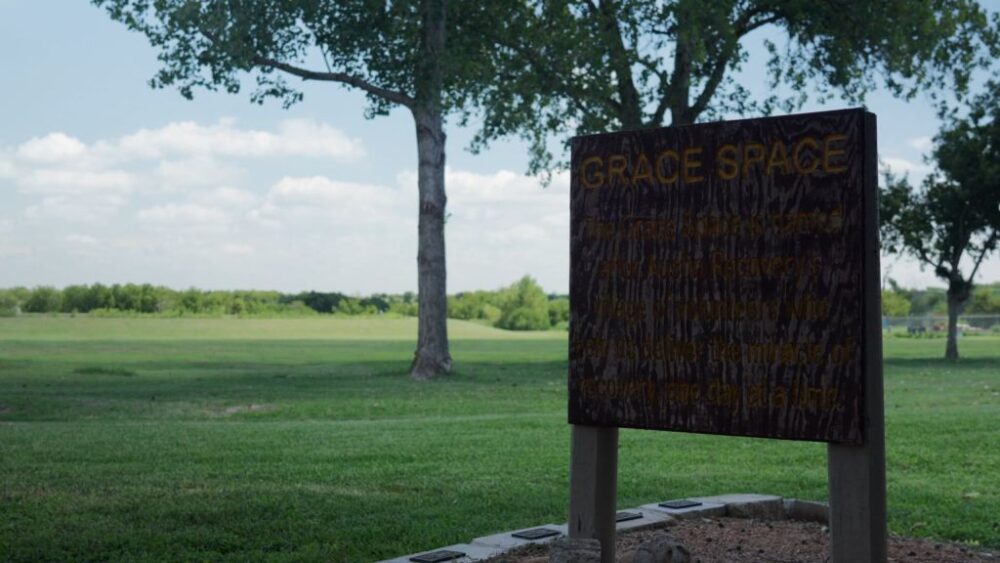Table of Contents
Addiction is a tough battle, and it can leave both individuals and families feeling lost. Finding the right path to recovery is key, and that journey often starts with the right support system. With so many drug rehab facilities out there, it’s easy to feel overwhelmed by the choices. How do you know which program will offer the best care and set you up for lasting sobriety?
This post will help simplify the process, giving you a guide to choosing a drug rehab facility that fits your needs and supports your long-term recovery.
Understanding the Different Types of Drug Rehab Facilities
When looking into rehab facilities for drug addiction, it helps to know the different program types and specialties available. Understanding your options makes it easier to choose the right fit for your recovery. Here’s a breakdown of the most common options:
Inpatient vs. Outpatient Rehab
Inpatient
In these programs, clients live at the facility for the entire treatment period. This structured setting provides 24/7 support, removes them from triggering environments, and allows for intensive therapy and counseling.
Many inpatient drug rehab facilities also offer medically supervised detox, which is especially important for substances like opioids or alcohol, where withdrawal can be risky. Detox helps manage physical withdrawal symptoms and is often a crucial first step in recovery.
Inpatient rehab is typically recommended for those with severe addictions, co-occurring mental health conditions, or a history of relapse.
Outpatient
Outpatient programs let clients live at home while attending treatment sessions at the facility. This option offers more flexibility and works well for those with milder addictions, strong support at home, or as a step down from inpatient care.
These drug rehab facilities provide different levels of care, ranging from partial hospitalization programs (PHP) with near-daily sessions to intensive outpatient programs (IOP) with multiple sessions per week, and standard outpatient with fewer weekly visits.
Outpatient detox is available, but it usually means regular visits to a hospital or detox center and is generally best for those with mild withdrawal symptoms.
Specialized Rehab Facilities
In addition to inpatient and outpatient options, many drug rehab facilities offer specialized programs designed for specific groups or needs.
These might include programs for:
- Teens
- Women
- Men
- LGBTQ+ individuals
- Those struggling with co-occurring mental health disorders (e.g., depression, anxiety, PTSD)
Finding a rehab facility that aligns with your specific needs can make a big difference in your recovery.
When choosing a drug rehab facility, it’s worth checking if they offer specialized programs that fit your situation, including those that integrate detox with other addiction treatment services.
What to Look for in a Drug Rehab Facility
To make the decision process easier, here are some key factors to consider:
Accreditation and Licensing
Making sure a rehab facility is properly accredited and licensed is important.
Look for accreditation from trusted organizations like The Joint Commission (TJC) or the Commission on Accreditation of Rehabilitation Facilities (CARF). These certifications mean the facility meets quality standards and follows ethical practices.
Also, check for state licensing, which is required for any rehab center to operate. Don’t be afraid to ask the facility about their credentials, and take a moment to verify them on the accrediting organizations’ websites.
Treatment Approaches
A good drug rehab facility should use evidence-based treatments. These are therapies that have been scientifically proven to help with addiction.
Some of the most effective methods include:
- Cognitive Behavioral Therapy (CBT)
- Dialectical Behavior Therapy (DBT)
- Motivational Interviewing (MI)
- Medication-assisted treatment (MAT)
Ask about the therapies they offer and make sure they follow best practices in addiction treatment. Be cautious of facilities that rely only on unproven or “alternative” methods without a solid foundation in research.
Staff Qualifications and Experience
The expertise of the treatment team plays a big role in recovery success. A good drug rehab facility should have a well-rounded team of professionals, including:
- Doctors (especially those trained in addiction medicine)
- Licensed therapists
- Counselors
- Nurses
- Other support staff
Don’t hesitate to ask about their credentials and experience, especially those who will be directly involved in care. Look for board certifications, addiction-specific training, and strong experience in the field.
Cost and Insurance Coverage
Rehab costs can vary a lot, so it’s important to understand what your insurance covers. Reach out to your provider to see what’s included and what you’ll need to pay out of pocket.
Many drug rehab facilities work with insurance companies and can help guide you through the process. Be sure to ask about payment options, sliding scale fees (if available), and any financial assistance programs they offer.
A good facility should be upfront about costs, so don’t be afraid to ask for details.
Aftercare Planning
A comprehensive aftercare plan is essential for staying sober after rehab.
A good facility will help create a personalized plan that includes:
- Ongoing therapy
- Support groups (like AA or NA)
- Relapse prevention strategies
- Connections to helpful community resources
Be sure to ask about their aftercare services to make sure they offer the right support for long-term recovery. This is an important factor when choosing the right drug rehab facility.
Taking the Next Step
Choosing a drug rehab facility is a big decision, and we hope this guide has made the process a little easier.
Recovery is absolutely possible, and having the right support system is key to long-term success. By considering important factors like accreditation, treatment approaches, aftercare planning, and cost, you can find a facility that truly fits your needs and sets you or your loved one on the path to healing.
Whether you’re looking into drug detox and rehab facilities or exploring other treatment options, remember that asking for help is a sign of strength, not weakness. Don’t hesitate to reach out for guidance and support.
If you need more information about treatment options, contact Infinite Recovery today. Our team is here to help individuals and families find the resources and support they need to move forward and build a brighter future.

















